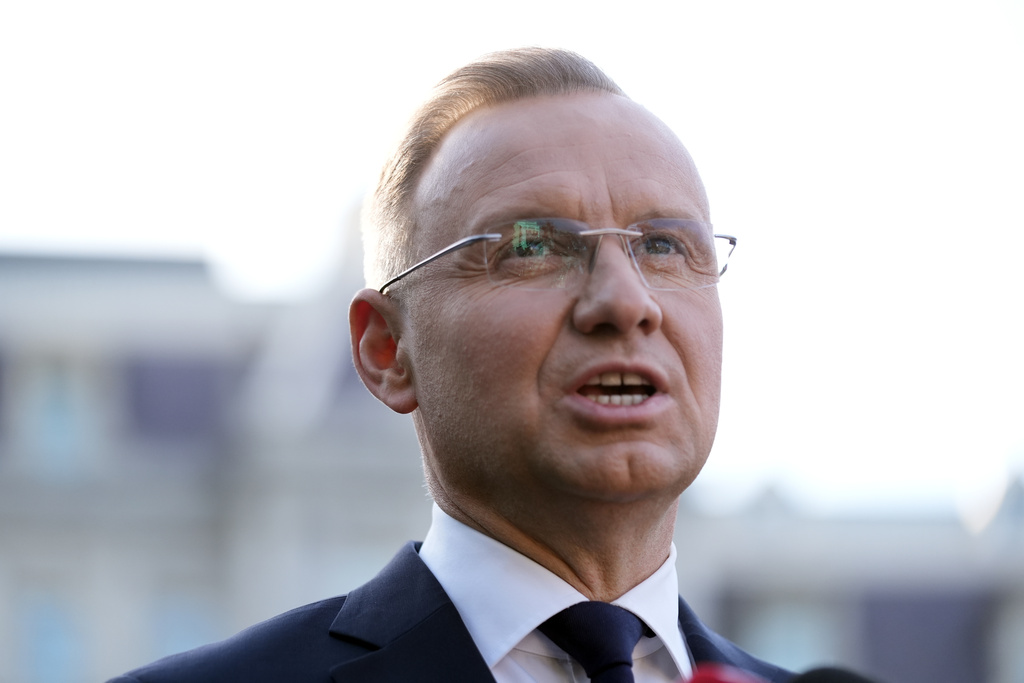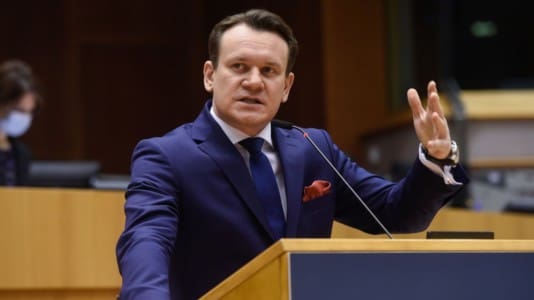During a press conference while visiting Canada, President Andrzej Duda responded to the government’s announcements regarding the proposed dismantling of the Central Anti-Corruption Bureau (CBA) and its replacement with a new entity, the Central Bureau for Combating Corruption, which would operate under police structures.
The Polish president highlighted the irony in the government’s proposal, noting that politicians from the Civic Platform (PO) party had originally voted in favor of establishing the CBA back in 2006.
“It seems that all the deputies from the Civic Platform at that time voted for the establishment of the CBA,” Duda observed, implying that the current efforts to shut it down might be politically motivated.
“Clearly, the CBA has become a thorn in their side over the years and now they want to dismantle this service. They obviously have an interest in seeing the fight against corruption in Poland crippled by the dissolution of the CBA,” he added.
The government’s plan, as detailed by Tomasz Siemoniak, minister coordinator of special services, involves replacing the CBA with the Central Bureau for Combating Corruption, which would be integrated into the police force.
Siemoniak explained that the CBA often handled corruption investigations at the local level, a task for which the police are better suited. The new anti-corruption unit is to be modeled after the Central Bureau of Investigation of the Police (CBŚP), with the Internal Security Agency (ABW) taking over the national level corruption fight, and the National Revenue Administration (KAS) acting as a third level of anti-corruption measures.
Furthermore, Siemoniak stated that the proposed legislation to dissolve the CBA, prepared by the government, is based on the belief that the fight against corruption must continue but that the institution itself needs reforming due to its “meager effectiveness.”
“We believe that the fight against corruption can and should be organized differently,” he stated.






